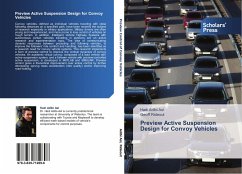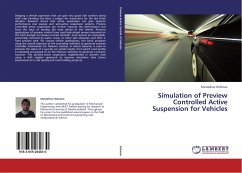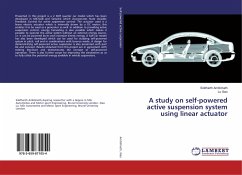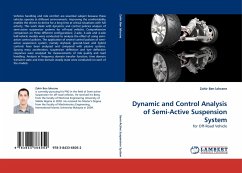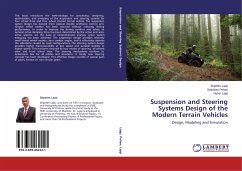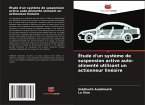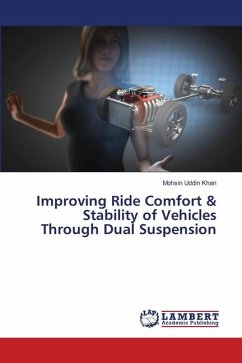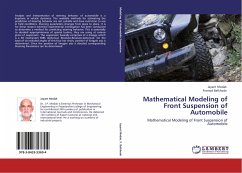Convoy vehicles, defined as individual vehicles traveling with close following distances on a specified path, have been recently the subject of research especially in military applications. Military drivers are often young and inexperienced, and more prone to lose control of vehicles on rough terrain. In addition, Intelligent Vehicle Highway Systems with autonomous civilian vehicles travelling in platoons are an active research and experimentation topic. The idea of communicating dynamic responses between preceding and following vehicles, to improve the followers' ride comfort and handling, has been identified as a research need for convoy vehicle systems. This research implements a form of preview control to improve the vertical dynamics of convoy vehicles. An academic virtual convoy, composed of a lead vehicle with active suspension system, and a follower vehicle with preview-controlled active suspension, is developed in MATLAB and SIMULINK. Preview control gives a theoretical improvement over active control by further decreasing sprung mass acceleration (ride quality) and/or improving road holding.
Bitte wählen Sie Ihr Anliegen aus.
Rechnungen
Retourenschein anfordern
Bestellstatus
Storno

